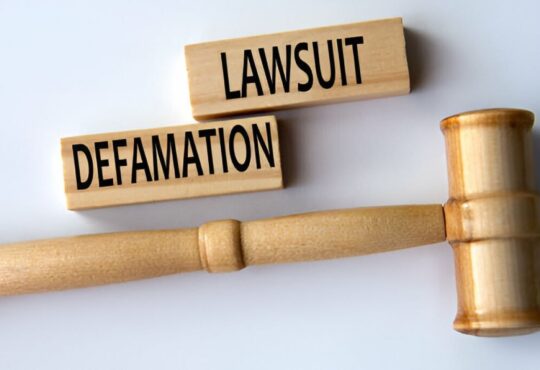
Understanding Workers’ Compensation: Your Rights After a Workplace Injury
Workplace injuries can happen in any industry, from construction sites to office environments. When you’re injured on the job, workers’ compensation exists to provide financial support and medical care. However, navigating the claims process can be challenging without a clear understanding of your rights.
Knowing what benefits you’re entitled to can make a significant difference in your recovery and financial stability.
Contents
Reporting a Workplace Injury
The first step after a workplace injury is reporting it to your employer. States set strict deadlines for reporting injuries, and delaying can risk your claim. Even minor injuries should be documented in case symptoms worsen. A detailed accident report helps support your claim.
Employers are required to document workplace injuries and provide information about filing a workers’ compensation claim. If your employer does not report your injury or discourages you from filing a claim, you have the right to seek legal recourse.
Ensuring proper documentation from the start strengthens your case and helps prevent claim disputes.
Understanding Your Medical Benefits
Workers’ compensation covers medical expenses related to your workplace injury. This covers doctor visits, surgeries, therapy, and medications. You have the right to necessary care at no cost. Some cases require using an employer-approved provider.
If your injury requires ongoing treatment, workers’ compensation should continue covering your medical expenses. However, disputes can arise regarding the necessity of certain treatments. If you’re denied coverage for medical care, you have the right to challenge the decision.
Seeking a second opinion from another medical professional may support your case in receiving the treatment you need.
Wage Replacement and Disability Benefits
If your injury prevents you from working, you may be entitled to wage replacement benefits. Workers’ compensation covers a portion of lost wages during recovery. Benefit amounts and duration vary by state and injury severity. Temporary benefits aid recovery, while permanent benefits apply for lasting impairments.
Understanding the difference between temporary and permanent disability benefits is essential. Temporary benefits end when you are medically cleared to return to work, while permanent benefits may provide long-term financial assistance.
If your employer or insurer disputes your ability to work, seeking legal help may be necessary to ensure fair compensation.
Protecting Yourself from Retaliation
Filing a workers’ compensation claim should not put your job at risk, but some employers retaliate against injured employees. Retaliation includes demotions, reduced hours, or termination. If you face backlash for filing a claim, legal protections exist. Document job changes to support your case.
Employees should not feel pressured to return to work before they are fully healed. If your employer forces you back to work too soon or assigns duties beyond your physical limitations, this could violate your rights. You have the right to a fair recovery process without the fear of losing your job or facing unfair treatment.
When to Seek Legal Help
Although many workers’ compensation claims are processed smoothly, disputes can arise. If your claim is denied, benefits reduced, or you face retaliation, legal help can protect your rights. A workers’ comp lawyer handles appeals, negotiations, and ensures you get the benefits you deserve.
Legal representation is particularly important in cases involving severe injuries or permanent disabilities. Employers and insurance companies may attempt to minimize payouts, leaving you without the support you need. Having an experienced attorney on your side ensures your claim is handled fairly and your future is protected.
Conclusion
Workers’ compensation helps employees after workplace injuries, but the system can be complex. Knowing your rights ensures you get proper medical care and financial support. Reporting injuries, preventing retaliation, and taking the right steps aid recovery.
If issues arise, legal help can protect your interests and secure the compensation you need.




